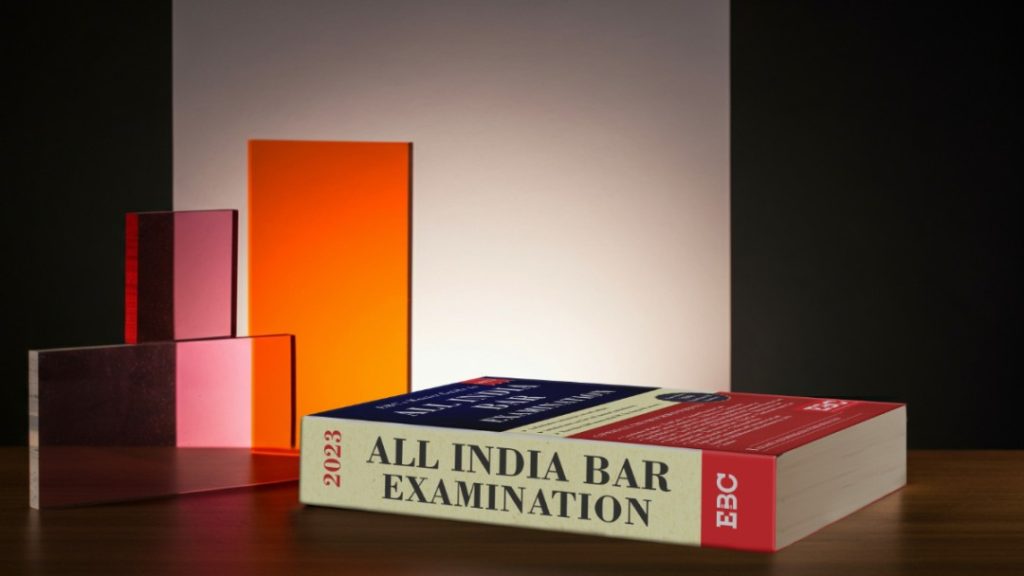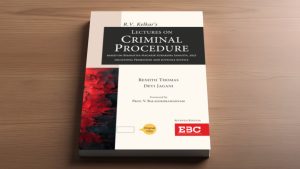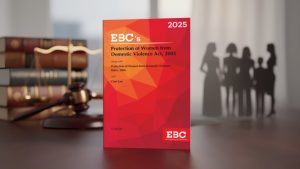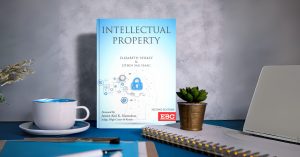
The All India Bar Examination (AIBE) is a mandatory certification exam conducted by the Bar Council of India (BCI). It assesses a law graduate’s ability to practice law professionally in India. With significant updates in recent years, it’s crucial to stay informed and prepare smartly.
Expected Date of Exam
The AIBE XX (20) notification is expected to be released in September 2025, with the exam tentatively scheduled for December 21 or 22, 2025. This timeline may shift slightly, so candidates should regularly monitor the official website for updates.
Registration Details
- Registration Window: Expected between September–October 2025
- Mode: Online via the official portal
- Steps: Fill out the application, upload documents, pay the fee, and download the admit card when released
🔗 Official Website: www.allindiabarexamination.com
Understanding the AIBE Syllabus
The AIBE syllabus is structured around 19 core subjects prescribed by the Bar Council of India. These subjects are selected to test a candidate’s practical understanding of the law and its application in real-life legal scenarios.
Core Subjects Include:
- Constitutional Law
- Indian Penal Code (IPC)*
- Code of Criminal Procedure (CrPC)*
- Indian Evidence Act*
- Civil Procedure Code (CPC)
- Family Law
- Public Interest Litigation
- Professional Ethics and Cases of Professional Misconduct
- Alternative Dispute Resolution (ADR)
- Company Law
- Environmental Law
- Labour & Industrial Law
- Law of Tort, including the Motor Vehicle Act
- Intellectual Property Law
- Administrative Law
- Jurisprudence
- Cyber Law
- Land Acquisition Act
- Taxation (limited scope)
*Note: The three starred laws have been replaced in the updated syllabus (see next section).
Change in Syllabus (From 2025 Onwards)
As part of India’s transition to modern criminal justice codes, the AIBE syllabus now includes:
| Previous Law | Replaced By |
|---|---|
| Indian Penal Code (IPC), 1860 | Bharatiya Nyaya Sanhita (BNS), 2023 |
| Criminal Procedure Code (CrPC) | Bharatiya Nagarik Suraksha Sanhita (BNSS), 2023 |
| Indian Evidence Act, 1872 | Bharatiya Sakshya Adhiniyam (BSA), 2023 |
These updated laws are now enforceable and form part of the mandatory syllabus. Aspirants must ensure they are referring to the correct statutes when preparing.
Exam Pattern and Format
Mode: Offline (pen-and-paper; OMR sheet)
Duration: 3 hours 30 minutes
Questions: 100 MCQs
Passing Criteria:
- General/OBC: 40 marks
- SC/ST: 35 marks
No negative marking
Open-Book Format: What’s Actually Allowed?
Contrary to popular belief, AIBE is not a full open-book exam.
Allowed:
- Bare Acts without commentary or notes
- Some Bare Acts with very minimal short notes (discretionary at the exam centre)
Not Allowed:
- Textbooks, digests, case commentaries
- Printed or handwritten notes
- Mobile phones, smartwatches, electronic devices
Being able to quickly navigate through Bare Acts is essential. For this purpose, candidates can refer to exam-ready resources like those available on the EBC Webstore – AIBE Collection, which offers clean, exam-compliant Bare Acts.
Exam Accessibility & Language Options
The AIBE is conducted in 22 regional languages, including Hindi, English, Tamil, Telugu, Marathi, Bengali, Gujarati, and others. This ensures a broader reach and inclusivity for candidates from all states.
How to Prepare Smartly
- Focus first on the 19 core subjects, especially the new criminal codes (BNS, BNSS, BSA)
- Practice solving MCQs using Bare Acts only
- Use authentic and updated resources—avoid old editions that contain outdated laws
- Stay updated through allindiabarexamination.com for official news
The AIBE is not just a formality—it’s your gateway to legal practice in India. With the introduction of new criminal codes and tighter rules around exam material, being well-informed and well-prepared is more important than ever.
















